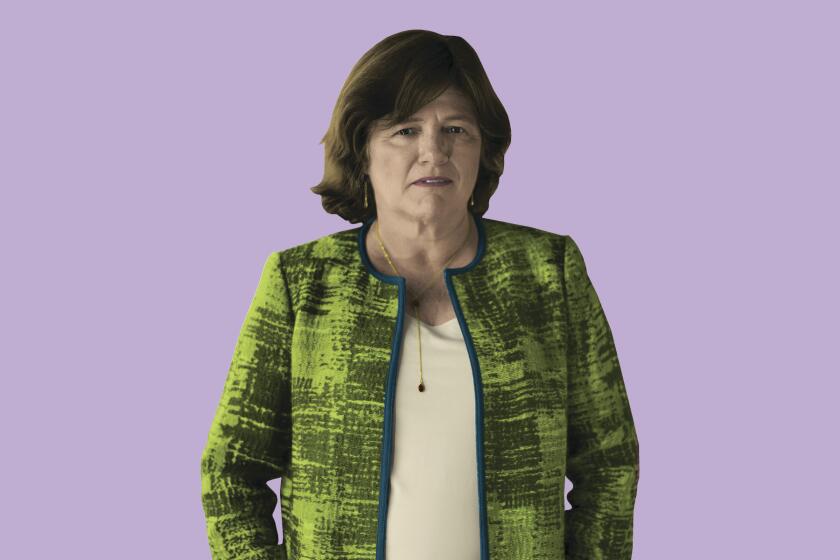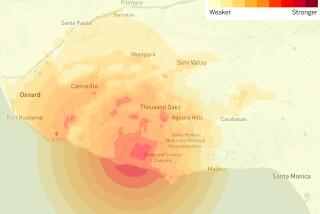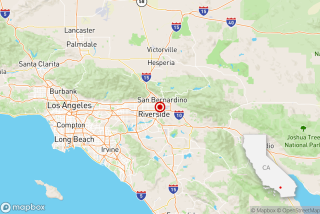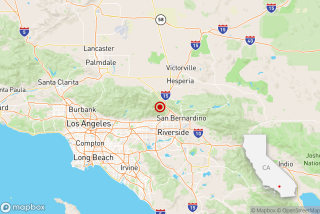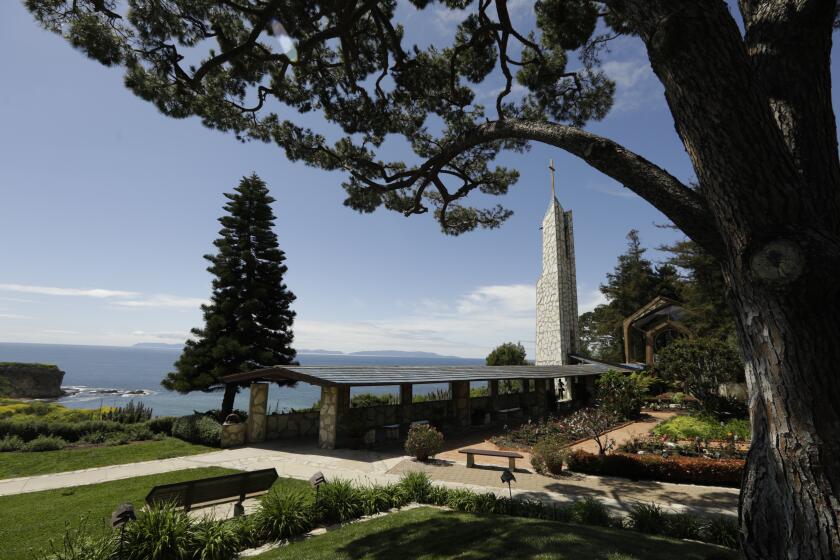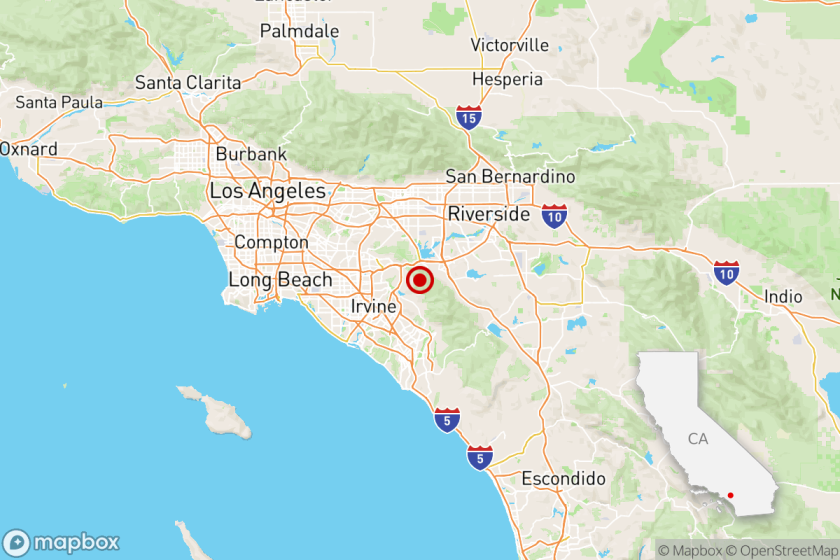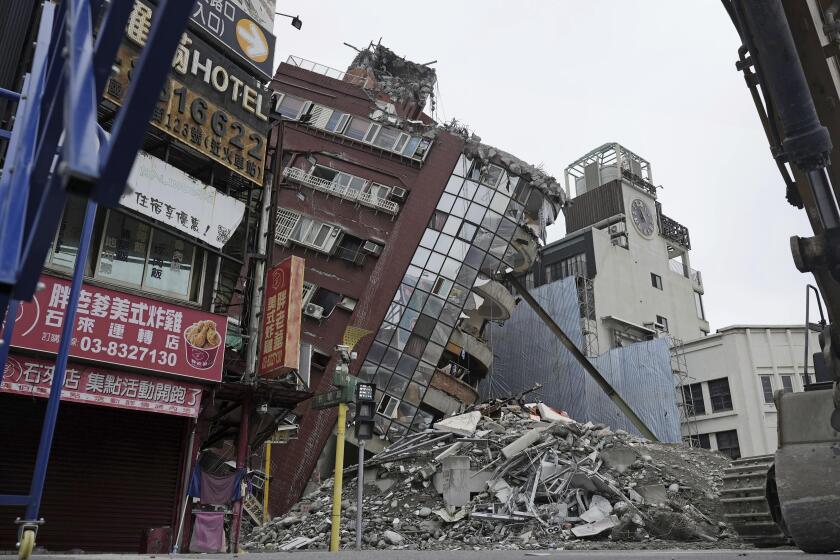Magnitude 6.0 earthquake felt widely across Northern California
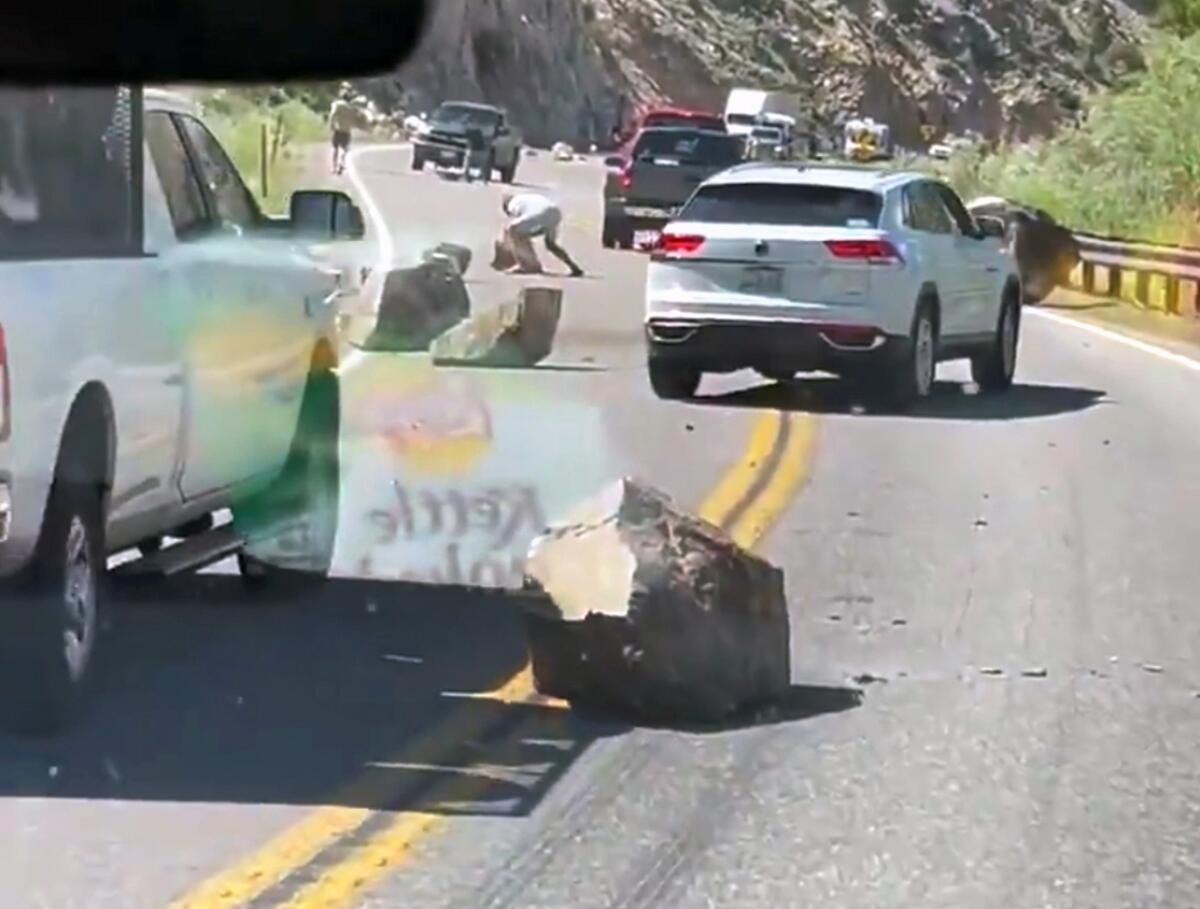
A magnitude 6.0 earthquake struck California’s eastern Sierra Nevada on Thursday afternoon, sending strong shaking through a rural mountainous region and light shaking across much of Northern California.
The earthquake was reported at 3:49 p.m. The preliminary epicenter was just west of the town of Walker, where fewer than 1,000 people live, on the northern edge of Mono County — about 70 miles northwest of Mammoth Mountain and 40 miles southeast of South Lake Tahoe.
A section of U.S. 395 was shut after reports of rockslides in northern Mono County, Caltrans said. Fire Chief Rich Nalder of the Antelope Valley Fire Protection District, which serves Walker, said there were no reports of serious infrastructure damage.
Drop, cover and hold on is the best advice for what to do during an earthquake. Know how you’ll react so you can stay calm and act quickly when the shaking begins.
Lorri Martin, a deli supervisor at Walker Country Store, had been sticking labels on merchandise when she felt the shaking.
Items in the refrigerator tipped over. Coolers began leaking water. Martin screamed and then stood in the bathroom doorway to try to calm down.
“This thing shook like it was moving onto the highway,” she said. “It rocked and rolled. Everything broke.”
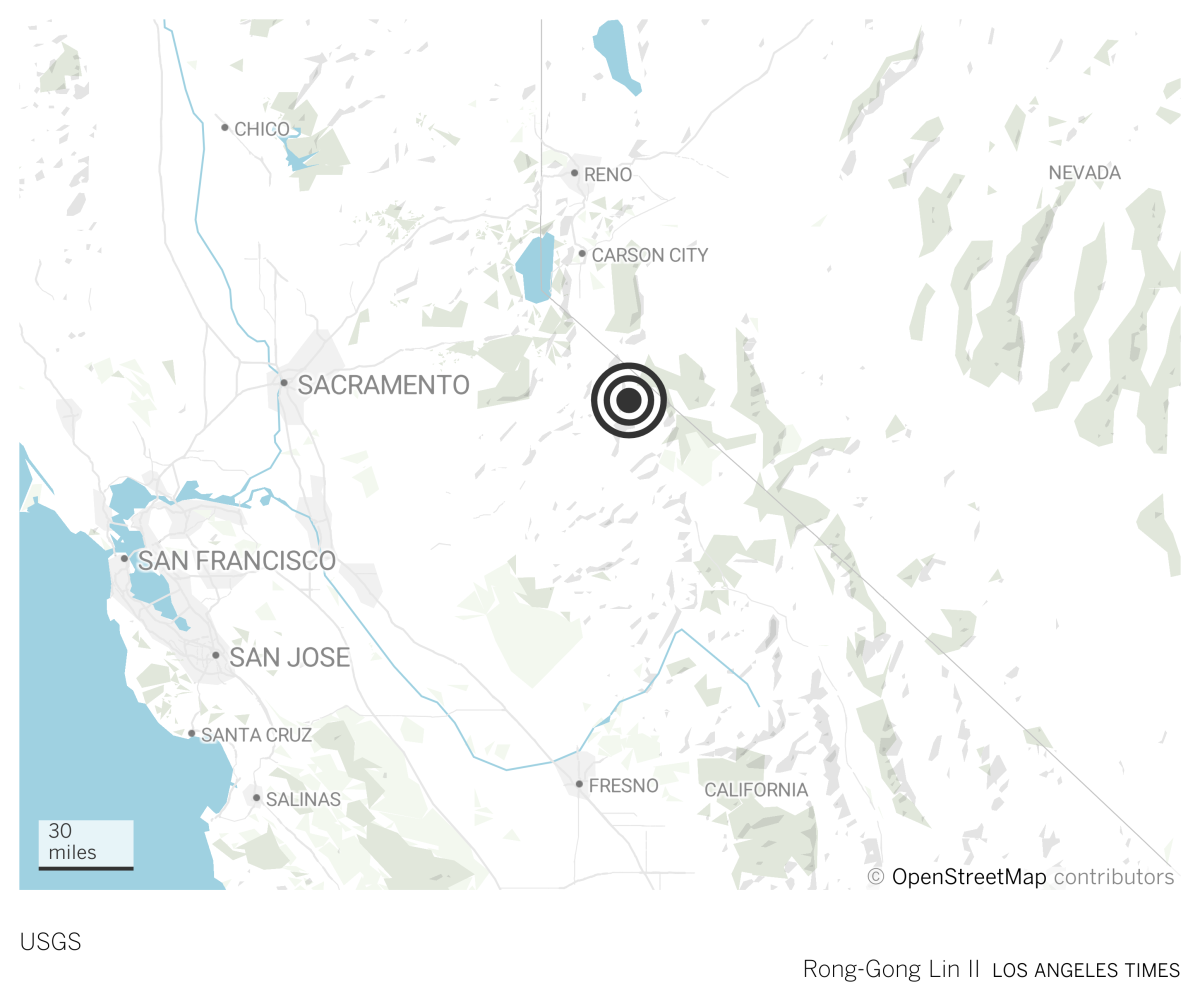
But customers kept arriving, and over the next few minutes, as staff began to clean up broken glass, the small convenience store continued to feel jolts.
About a mile away at Mountain View Barbeque, pots and pans flew off shelves.
“I’ve been here 27 years and this was the first time it was a jolt, it was just a bam,” owner Jeff Hinds said.
Weak to light shaking was felt as far away as Lake Tahoe, Sacramento, San Francisco and San Jose, according to reports by seismic instruments and people filing reports to the U.S. Geological Survey’s Did You Feel It? survey. But the shaking reported was not uniform, and some people in the East Bay and San Mateo County felt nothing at all.
A flood of posts on social media discussed not only the earthquake but also the rarity of such an event in Sacramento, a city where residents typically consider themselves at less of a risk of an earthquake than places such as San Francisco and Los Angeles.
Sacramento City Hall shook and swimming pools sloshed. Though the temblors were mild, the state capital quickly took to social media to confirm the brief shaking was actually an earthquake.
Sen. Mike McGuire (D-Healdsburg) was in the Capitol building to chair a legislative committee hearing, while most lawmakers had departed after the conclusion of morning floor sessions.
“That was a heckuva earthquake to hit the Capitol,” he posted on Twitter.
People are much more important than kits. People will help each other when the power is out or they are thirsty. And people will help a community rebuild and keep Southern California a place we all want to live after a major quake.
Jonathan Baxter, a spokesperson for the San Francisco Fire Department, said there were no immediate reports of damage.
Baxter said he has a hanger that keeps above his office desk to gauge if there’s been an earthquake.
“It was swaying a little bit,” he said. “Then a bunch of people started calling me.”
There are a number of active faults in the Eastern Sierra region of California in what’s called the Walker Lane system, said Keith Knudsen, deputy director of the USGS’ Earthquake Science Center.
“There is tectonic slip that goes up the east side of the Sierras, and there have been a number of historical earthquakes of this size or bigger in the last few decades. So it’s not a big surprise that it happened here,” Knudsen said.
Get earthquake-ready in six weeks
From building a kit to buying insurance, our Unshaken newsletter course will help you prepare.
You may occasionally receive promotional content from the Los Angeles Times.
The Sierra Nevada is underlain by cold, hard rock, and the mountains “ring like a bell when an earthquake happens there. So they transmit the earthquake energy really well,” Knudsen said, which may explain why the earthquake was felt so widely across California.
An average of five earthquakes with magnitudes between 5.0 and 6.0 occur per year in California and Nevada, according to a recent three-year data sample.
Lin reported from San Francisco, Myers from Sacramento and Miller from Los Angeles. Times staff writer Anita Chabria contributed to this report from Sacramento.
More to Read
Start your day right
Sign up for Essential California for news, features and recommendations from the L.A. Times and beyond in your inbox six days a week.
You may occasionally receive promotional content from the Los Angeles Times.

